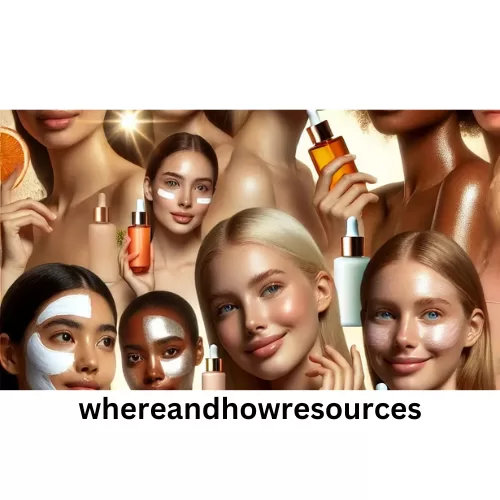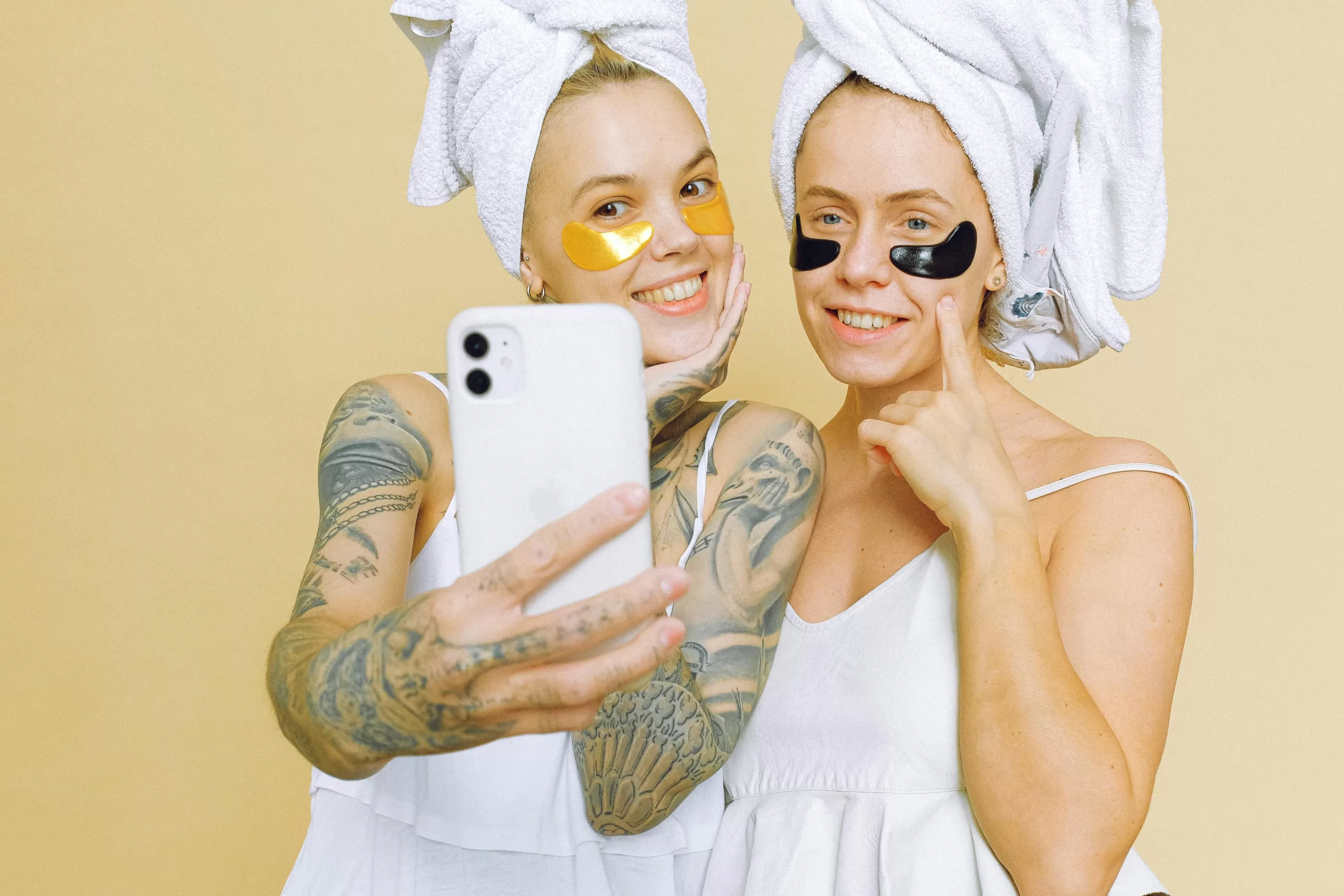As skincare routines and trends grow more complex, understanding potential risks is essential for making informed choices. While new products and routines promise flawless, youthful skin, certain trends pose hidden dangers that can harm skin health in the long run. Here’s a comprehensive guide to understanding these Hidden Dangers in Skincare Trends, risks and protecting your skin with safe, dermatologist-approved practices.
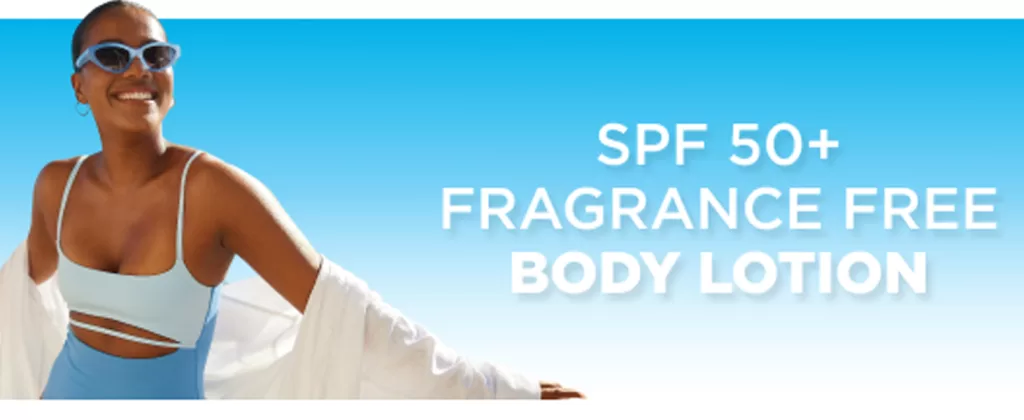
Hidden Dangers in Skincare Trends: The Overlooked Risks of Skipping Sun Protection
In the ever-evolving world of skincare, trends come and go, but one critical step often gets overshadowed: sun protection. While many of us are quick to adopt the latest serums, exfoliants, or DIY masks, the importance of sunscreen is frequently underestimated—or worse, ignored. This oversight is one of the most significant hidden dangers in skincare trends, as failing to protect your skin from the sun can lead to long-term damage, premature aging, and even skin cancer.
The Misconception: “I Don’t Need Sunscreen Every Day”
One of the most pervasive myths in skincare is that sunscreen is only necessary on sunny days or during summer. This misconception is a hidden danger in itself. Harmful UV rays can penetrate clouds and windows, meaning your skin is at risk even on overcast days or while indoors. Without proper sun protection, you’re exposing your skin to cumulative damage that can manifest as dark spots, wrinkles, and loss of elasticity over time.
The Trendy Trap: Overlooking SPF in Favor of “Quick Fixes”
In the pursuit of glowing, youthful skin, many skincare enthusiasts fall into the trap of prioritizing trendy products like vitamin C serums or retinoids while neglecting sunscreen. While these products can offer benefits, they also make your skin more susceptible to UV damage. For example, retinoids increase skin sensitivity to the sun, and without adequate SPF, you could be doing more harm than good. This is a prime example of how hidden dangers in skincare trends can undermine your efforts to achieve healthy skin.
How to Protect Yourself: Sunscreen as a Non-Negotiable
To avoid these hidden dangers, make sunscreen a non-negotiable part of your daily routine. Here’s how:
- Choose Broad-Spectrum SPF 30 or Higher: This protects against both UVA (aging) and UVB (burning) rays.
- Reapply Regularly: Sunscreen wears off, especially after sweating or swimming. Reapply every two hours for continuous protection.
- Don’t Forget Often-Missed Spots: Areas like the ears, neck, and back of the hands are frequently overlooked but are just as vulnerable to sun damage.
By prioritizing sun protection, you’re not just following a trend—you’re safeguarding your skin’s health for years to come. Don’t let the hidden dangers in skincare trends leave your skin exposed to the sun’s harmful effects. Remember, the best skincare trend is one that stands the test of time, and sunscreen is the ultimate example of that.
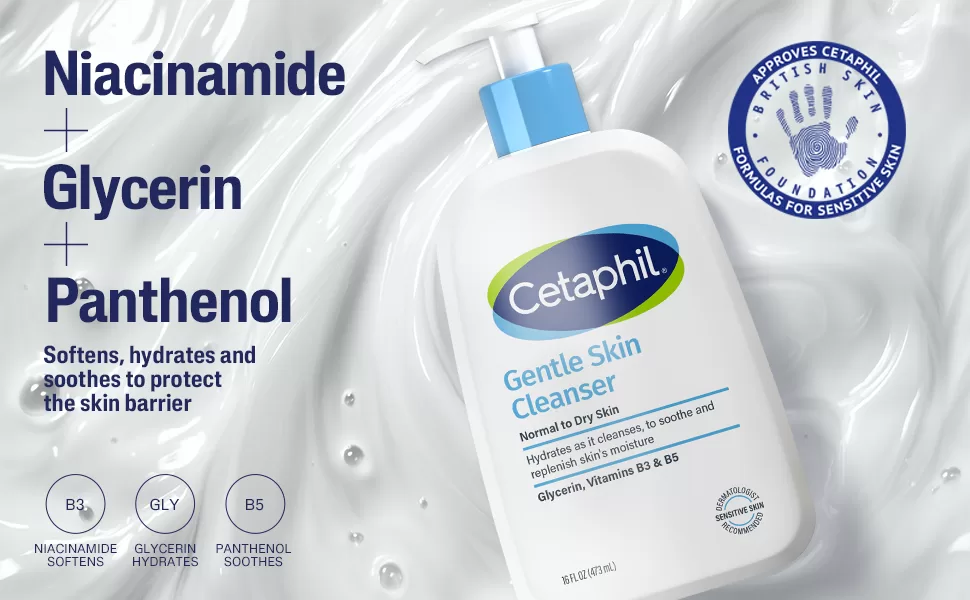
Hidden Dangers in Skincare Trends: The Risks of Overlooking Gentle Cleansing and Moisturizing
In the quest for flawless skin, many skincare enthusiasts are drawn to the latest trends—charcoal cleansers, acid toners, or high-tech devices. However, amidst the excitement of trying new products, the basics of gentle cleansing and moisturizing are often neglected. This oversight is one of the most common hidden dangers in skincare trends, as it can disrupt your skin’s natural balance and lead to irritation, dryness, or even breakouts.
The Trendy Trap: Over-Cleansing and Harsh Products
One of the biggest mistakes people make is over-cleansing or using harsh products in an attempt to achieve “squeaky clean” skin. While it might feel satisfying to strip away oil and impurities, this approach can damage your skin’s protective barrier. Over time, this can lead to increased sensitivity, redness, and even breakouts as your skin struggles to repair itself. This is a prime example of how hidden dangers in skincare trends can leave your skin worse off than before.
The Importance of Gentle Cleansing
Gentle cleansing is the foundation of any effective skincare routine. Here’s why it matters:
- Preserves the Skin Barrier: Your skin’s natural oils and microbiome play a crucial role in keeping it healthy. Harsh cleansers can strip these away, leaving your skin vulnerable to environmental damage.
- Prevents Over-Drying: Over-cleansing can lead to tight, dry skin, which can trigger your skin to produce even more oil—a vicious cycle that can worsen acne and clogged pores.
- Suitable for All Skin Types: Whether you have oily, dry, or sensitive skin, a gentle cleanser can effectively remove dirt and makeup without causing irritation.
The Role of Moisturizing in Skin Health
Moisturizing is another step that’s often overlooked, especially by those with oily skin who fear it will make their skin greasier. However, skipping moisturizer is one of the hidden dangers in skincare trends that can lead to long-term damage. Here’s why moisturizing is essential:
- Restores Hydration: Even oily skin needs hydration. A lightweight, non-comedogenic moisturizer can help balance your skin’s oil production.
- Strengthens the Skin Barrier: Moisturizers lock in hydration and support your skin’s natural barrier, protecting it from pollutants and irritants.
- Prevents Premature Aging: Well-hydrated skin is less prone to fine lines and wrinkles, making moisturizer a key anti-aging tool.
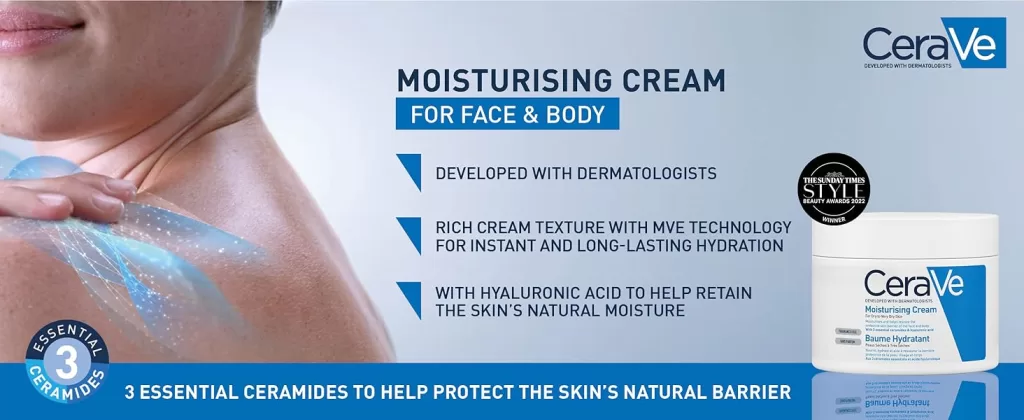
How to Avoid These Hidden Dangers
To keep your skin healthy and balanced, follow these tips:
- Choose a Gentle Cleanser: Look for products with a balanced pH and free of sulfates or alcohol. Ingredients like ceramides and hyaluronic acid can help maintain hydration.
- Moisturize Daily: Select a moisturizer suited to your skin type—lightweight for oily skin, richer formulas for dry skin, and fragrance-free options for sensitive skin.
- Listen to Your Skin: If your skin feels tight, itchy, or irritated, it’s a sign that your routine might be too harsh. Scale back and focus on gentle, nourishing products.
By prioritizing gentle cleansing and moisturizing, you’re not just following a trend—you’re building a solid foundation for healthy, radiant skin. Don’t let the hidden dangers in skincare trends lead you astray from these essential steps. After all, the best skincare routine is one that works with your skin, not against it.
Hidden Dangers in Skincare Trends: The Pitfalls of Acne Treatment Fads
Acne is one of the most common skin concerns, affecting people of all ages. While there are countless products and trends promising clear skin, not all of them deliver—and some can even make acne worse. This is one of the most significant hidden dangers in skincare trends, as improper acne treatment can lead to scarring, irritation, and prolonged breakouts. Let’s explore how to navigate these pitfalls and manage acne effectively.
The Trendy Trap: Overloading on Active Ingredients
In the pursuit of clear skin, many people fall into the trap of using too many active ingredients at once. From salicylic acid and benzoyl peroxide to retinoids and exfoliating scrubs, the temptation to “throw everything at the problem” can backfire. Overusing these products can strip your skin’s natural barrier, leading to increased sensitivity, redness, and even more breakouts. This is a classic example of how hidden dangers in skincare trends can exacerbate the very issue you’re trying to solve.
The Importance of a Balanced Approach
Managing acne requires a balanced approach that addresses the root causes without compromising your skin’s health. Here’s how to do it right:
- Cleanse Gently:
- Use a mild, non-comedogenic cleanser to remove dirt, oil, and makeup without irritating your skin.
- Avoid harsh scrubs or over-cleansing, as these can aggravate acne and damage your skin barrier.
- Spot Treat with Care:
- Use targeted treatments like benzoyl peroxide or salicylic acid sparingly and only on affected areas.
- Start with lower concentrations to minimize irritation, and gradually increase if needed.
- Moisturize, Even if You Have Oily Skin:
- Skipping moisturizer can lead to dehydration, prompting your skin to produce even more oil.
- Choose a lightweight, oil-free moisturizer that won’t clog pores.
- Don’t Pick or Pop:
- As tempting as it may be, picking at pimples can lead to scarring and spread bacteria, making breakouts worse.
- Instead, use a pimple patch or spot treatment to reduce inflammation.
The Role of Professional Guidance
While over-the-counter products can be effective for mild acne, persistent or severe cases often require professional intervention. This is another area where hidden dangers in skincare trends come into play—DIY treatments and unverified advice from social media can delay proper care. If your acne isn’t improving or is causing emotional distress, consult a dermatologist. They can prescribe treatments like topical retinoids, antibiotics, or even oral medications like isotretinoin for more severe cases.
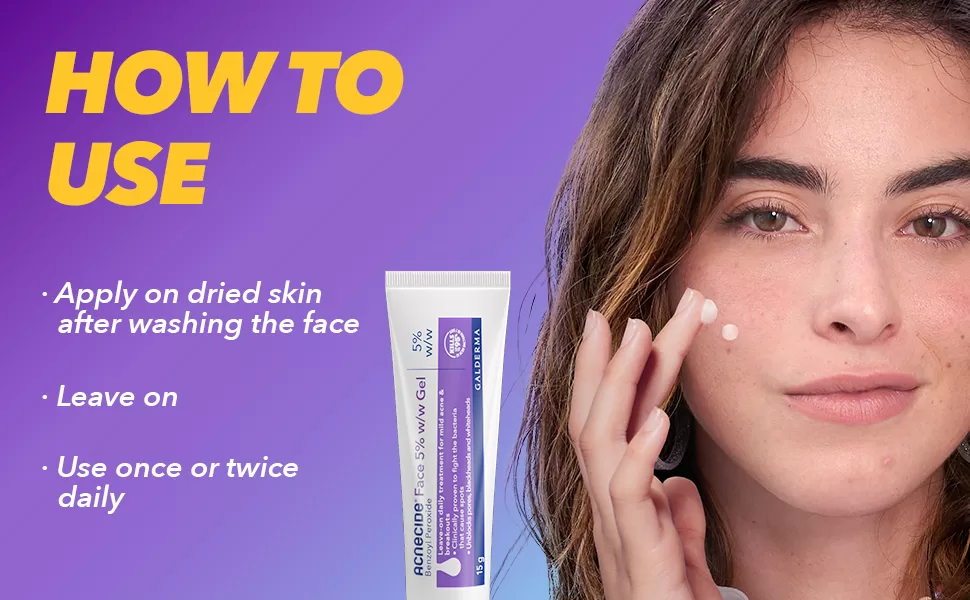
How to Avoid These Hidden Dangers
To manage acne effectively and avoid the pitfalls of trendy treatments, keep these tips in mind:
- Less Is More: Stick to a simple routine with a few proven ingredients rather than overloading your skin.
- Patch Test New Products: Always test new products on a small area of skin to ensure they don’t cause irritation.
- Be Patient: Acne treatments take time to work. Avoid switching products too quickly, as this can disrupt your skin’s balance.
- Protect Your Skin: Always use sunscreen, as many acne treatments increase sun sensitivity.
By taking a thoughtful, balanced approach to acne treatment, you can avoid the hidden dangers in skincare trends and achieve clearer, healthier skin. Remember, the best skincare routine is one that works with your skin’s natural processes, not against them.
Understanding Risky Ingredients in Skincare Products
Today’s popular skincare trends often include strong active ingredients marketed for quick results. However, these ingredients may also cause irritation, dryness, or more serious damage when overused.
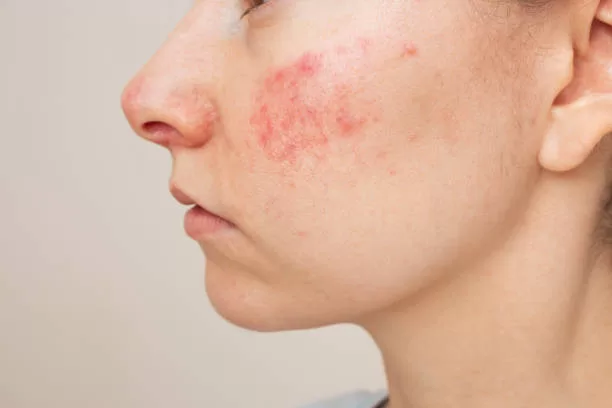
Hidden Dangers in Skincare Trends: Unsupervised Retinoid Use
Retinoids offer anti-aging benefits but can cause sensitivity if used incorrectly. Uncover safe practices for introducing retinoids to avoid skin irritation and ensure the best results.
Common Risky Ingredients and Their Effects
| Ingredient | Use | Potential Risks |
|---|---|---|
| Retinoids | Anti-aging, acne treatment | Skin irritation, photosensitivity |
| Hydroquinone | Skin lightening | Pigmentation issues, photosensitivity |
| AHAs & BHAs (Acids) | Exfoliation | Over-exfoliation, increased sun sensitivity |
| Essential oils | Fragrance, calming | Allergic reactions, irritation in sensitive skin |
Hidden Dangers in Skincare Trends: Overuse of Acids and Peels
Exfoliating acids and peels promise smoother skin but can lead to damage when overused. Learn how to safely incorporate these products into your routine to avoid compromising your skin’s barrier.
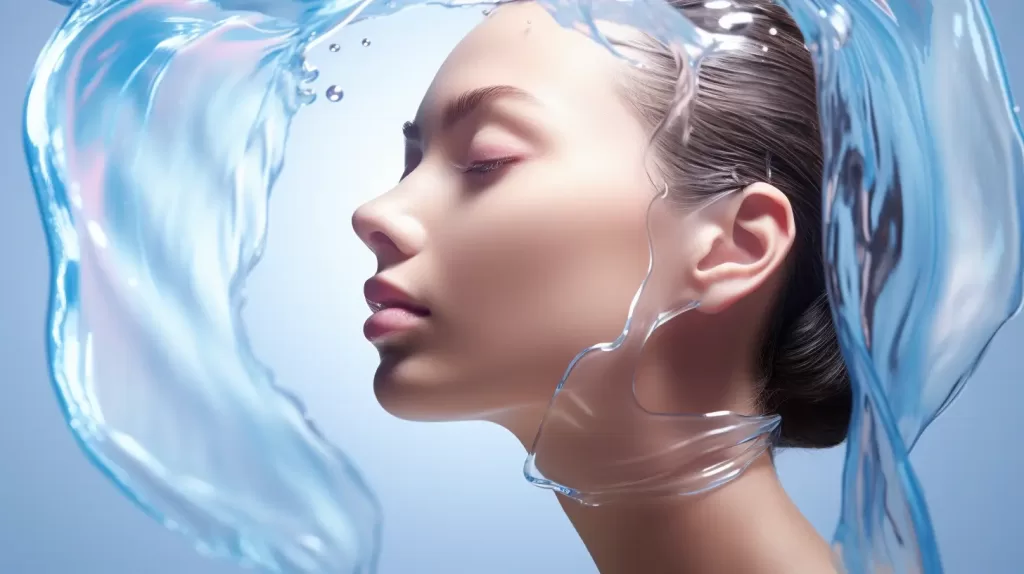
Hidden Dangers in Skincare Trends: DIY Treatments Gone Wrong
DIY skincare recipes are trending, but some contain potentially harmful ingredients. Explore why certain popular DIY treatments might do more harm than good, and find safer alternatives.
DNA-Based Skin and Hair Analysis: Personalized Beauty from Your Genes
DNA-based skin and hair analysis is transforming the beauty industry by offering a unique approach to personalization. Unlike traditional skincare, which relies on general recommendations, DNA analysis examines your genetic makeup to provide insights into how your skin and hair respond to aging, environmental factors, and specific ingredients.
Many skincare routines incorporate these potent ingredients, but balancing their benefits with potential risks is crucial. For example, excessive use of acids can lead to compromised skin barriers, making skin more vulnerable to environmental damage.
Hidden Dangers in Skincare Trends: Why Professional Advice is Non-Negotiable
In today’s skincare landscape, it’s easy to feel overwhelmed by the sheer volume of products, trends, and advice available online. From DIY hacks to influencer-endorsed routines, the options seem endless. However, one of the most significant hidden dangers in skincare trends is the lack of professional guidance. While experimenting with new products can be fun, it can also lead to serious skin issues if done without expert input. Here’s why consulting a dermatologist should be a cornerstone of your skincare journey.
The Trendy Trap: Self-Diagnosis and Over-Reliance on Social Media
Social media platforms are flooded with skincare tips, product recommendations, and DIY solutions. While some of this advice can be helpful, much of it is generic, unverified, or even harmful. For example, using undiluted essential oils, over-exfoliating with acids, or layering too many active ingredients can damage your skin barrier and cause long-term harm. This is a prime example of how hidden dangers in skincare trends can arise from well-meaning but misguided advice.
The Risks of Going It Alone
Without professional guidance, you risk:
- Misdiagnosing Skin Concerns: What looks like acne might actually be rosacea, or what seems like dryness could be a sign of an underlying condition like eczema.
- Using the Wrong Products: Not all products are suitable for every skin type. Using the wrong ones can exacerbate issues like sensitivity, oiliness, or breakouts.
- Wasting Time and Money: Trial-and-error with skincare products can be costly and frustrating, especially if they don’t address your specific concerns.
The Role of a Dermatologist
A dermatologist is a trained medical professional who can provide personalized advice tailored to your skin’s unique needs. Here’s how they can help:
- Accurate Diagnosis: Dermatologists can identify the root cause of your skin issues, whether it’s hormonal acne, an allergic reaction, or a genetic condition.
- Customized Treatment Plans: Based on your skin type, concerns, and lifestyle, they can recommend treatments and products that are proven to work.
- Monitoring Progress: Regular check-ins with a dermatologist ensure that your skincare routine is effective and adjusted as needed.
- Access to Medical-Grade Solutions: For persistent or severe skin issues, dermatologists can prescribe medications or procedures that aren’t available over the counter.
Cosmetic Cancer: The Hidden Dangers in your Makeup Bag Kindle Edition
by Sydney Sani (Author), Sydney Sani (Author) Format: Kindle Edition
Beauty or Illusion?
In a world where flawless skin and perfect contours flood our feeds, what happens to the women behind the filters? Cosmetic Cancer unpacks the truth about cosmetics, social media trends, and the toxic beauty standards shaping our lives. With a witty yet scientific approach, this book explores how makeup and the pressure to look “perfect” are affecting our mental health and physical bodies. Ready to break free from the beauty trap? Its time to embrace your real unfiltered self.
Are you ready to expose the cosmetic industry?
How to Avoid These Hidden Dangers in Skincare Trends
To ensure your skincare routine is safe and effective, follow these steps:
- Consult a Dermatologist Early: Don’t wait until you’ve tried every product on the shelf. A dermatologist can save you time, money, and frustration by providing expert guidance from the start.
- Be Honest About Your Routine: Share all the products you’re using, including DIY treatments, so your dermatologist can identify potential risks.
- Follow Professional Advice: While it’s tempting to try the latest trend, trust your dermatologist’s recommendations over unverified online advice.
- Schedule Regular Check-Ups: Skin needs change over time, so regular visits ensure your routine stays aligned with your skin’s evolving needs.
By prioritizing professional advice, you can avoid the hidden dangers in skincare trends and build a routine that truly works for you. Remember, your skin is unique—what works for someone else might not work for you. A dermatologist’s expertise is the best tool you have for achieving healthy, radiant skin.
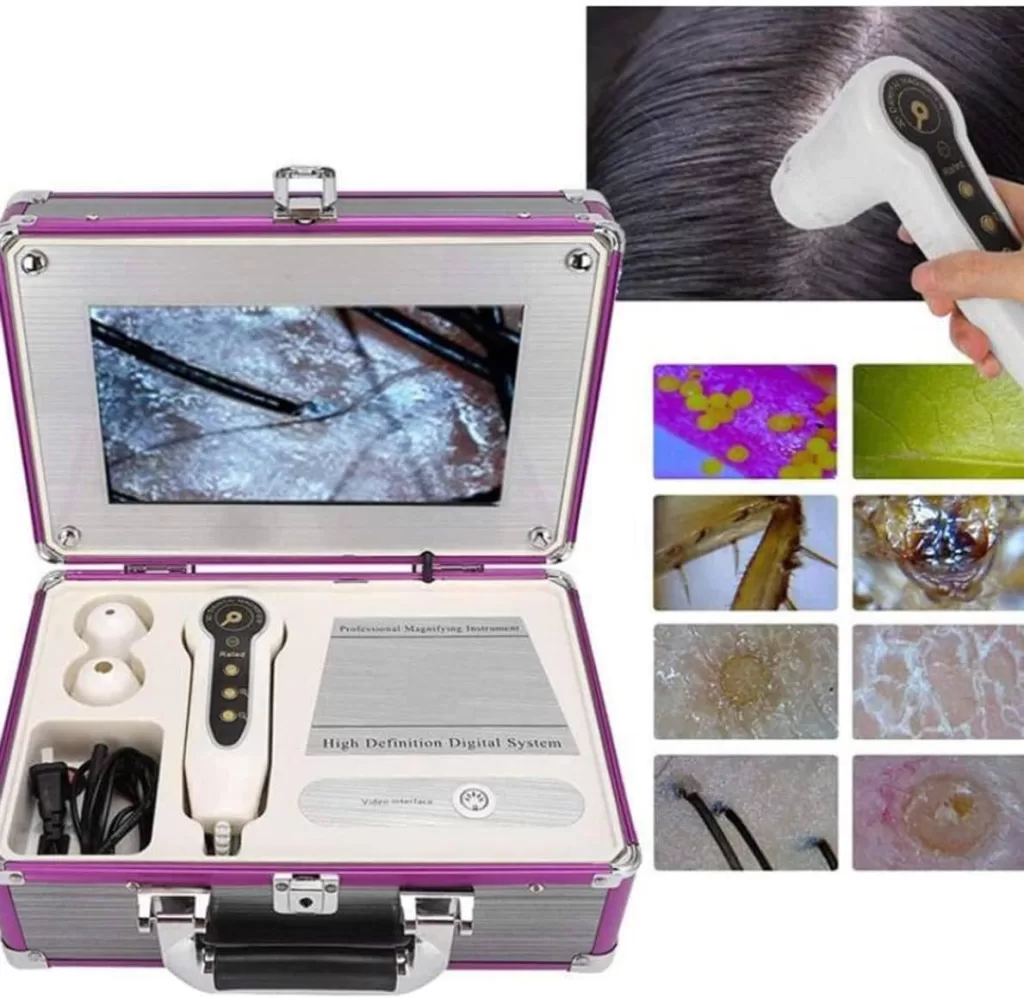
The Impact of Over-Exfoliation and Microdermabrasion
Exfoliation is essential for removing dead skin cells and enhancing glow, but overdoing it can have negative effects. Many skincare trends promote frequent use of physical exfoliants, microdermabrasion tools, and chemical peels, which can strip away the skin’s natural barrier and cause inflammation.
How to Safely Incorporate Exfoliation
- Limit Frequency: Opt for exfoliation 2-3 times per week.
- Choose Gentle Products: Look for research-backed products with gentle acids or enzymes.
- Watch for Warning Signs: Redness, sensitivity, or dryness may indicate over-exfoliation.
Over-exfoliated skin is not only prone to irritation but can also be more susceptible to infections, blemishes, and even long-term damage.
Can Lasers to Remove Facial and Throat Wrinkles Be Safe for Brown Skin?
Laser treatments for wrinkle removal are becoming increasingly popular, but many people with brown skin have concerns about the safety of these procedures due to the risk of hyperpigmentation. Darker skin tones react differently to laser treatments, and selecting the right type of laser is critical for achieving safe, effective results. In this article, we explore whether lasers can safely remove facial and throat wrinkles on brown skin and how to minimize risks like hyperpigmentation.
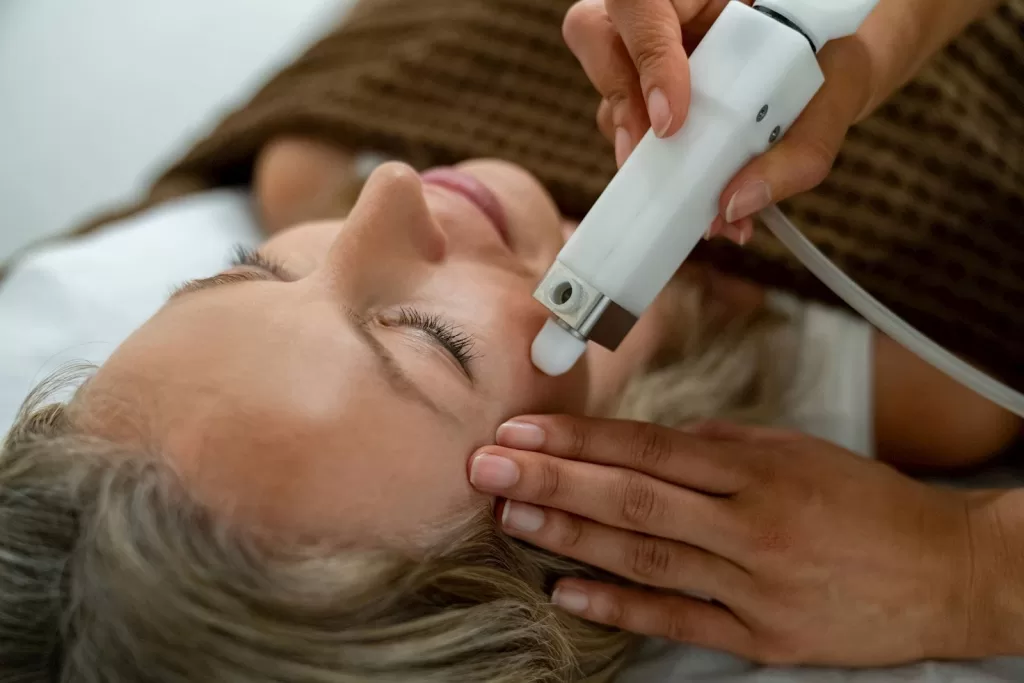
The Dangers of DIY and Viral Skincare Hacks
Social media has popularized DIY skincare hacks, often suggesting common kitchen ingredients for skincare purposes. However, ingredients like lemon juice, baking soda, and even toothpaste can be too harsh and damage the skin’s pH balance.
Popular DIY Ingredients and Why to Avoid Them
| DIY Ingredient | Use in Skincare | Risks |
|---|---|---|
| Lemon juice | Brightening | Can cause burns, skin irritation |
| Baking soda | Exfoliation | Disrupts skin’s natural pH, leading to dryness |
| Toothpaste | Spot treatment | Over-dries skin, increases irritation |
Although these DIY options may appear convenient, it’s essential to stick with dermatologist-approved, clinically-tested products designed specifically for skincare to avoid unintended damage.
The Ultimate Guide: Combining Snail Serum and Brightening Serum

How to Use Snail Serum and Brightening Serum Together Safely Serums are a staple in many skincare routines due to their concentrated formulations that target specific skin concerns. Among the popular serums are the 96% Snail Mucin Serum and the 5+ Brightening Serum, both known for their unique benefits. But can you use these two…
Overusing Anti-Aging Products and Potential Risks
The anti-aging market includes powerful products like retinoids, peptides, and growth factors, which are highly effective but need careful use. Misusing or overusing these products can lead to adverse effects such as dryness, irritation, and even skin barrier damage.
Balancing Anti-Aging Treatments
To avoid unwanted effects, follow a step-by-step guide:
- Start Slow: Begin with lower concentrations and increase gradually.
- Alternate Products: Don’t layer multiple anti-aging actives simultaneously.
- Use SPF: Sun protection is essential when using ingredients like retinoids.
Scientific studies support the effectiveness of many anti-aging ingredients, but research shows that a balanced approach prevents overuse and potential harm.
Hidden Dangers in Skincare Trends: Fragrance and Sensitivity Risks
Fragrance in skincare can make products enticing, but it also increases the risk of irritation. Discover why fragrance-free options may be the safer choice, especially for sensitive skin types.
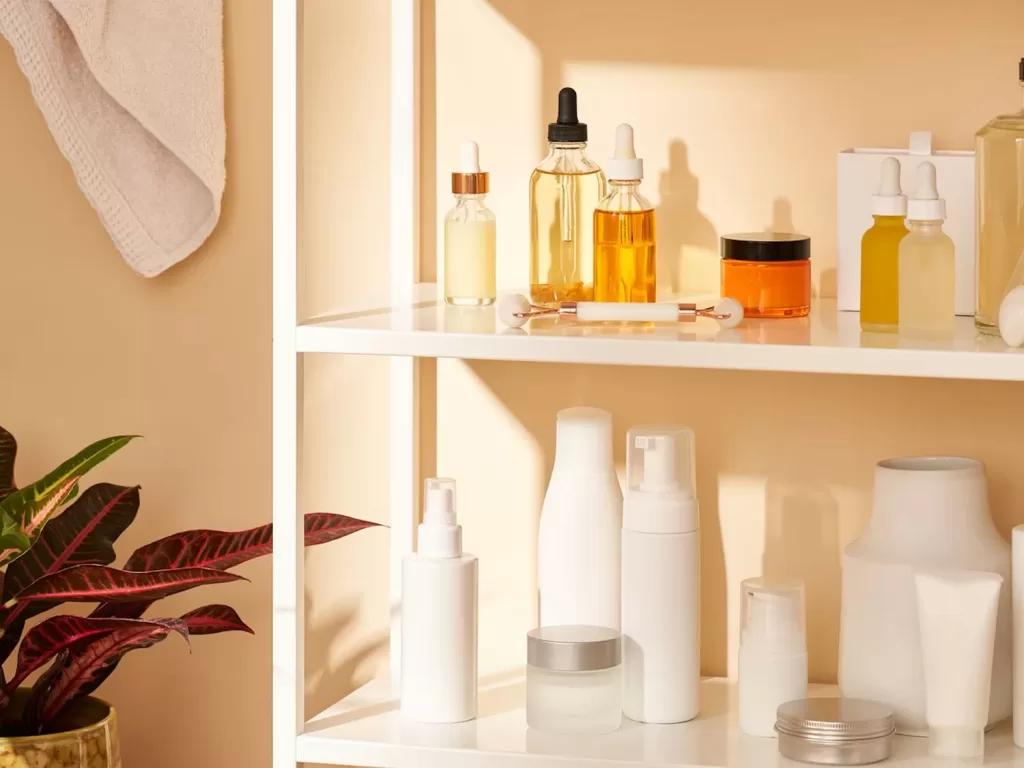
Are Expensive Products Always Better?
The assumption that high cost equates to high quality is common, but it’s not always accurate. Many luxury brands rely on marketing to promote their products without significant benefits over more affordable, research-backed options.
How to Assess Product Value
- Look for Ingredients, Not Price: Prioritize products with clinically-tested, dermatologist-approved ingredients.
- Understand the Label: Check the ingredient list for active components and avoid fillers.
- Read Reviews: Look for real customer feedback, especially for products in the same price range.
Expensive products can certainly be effective, but don’t overlook affordable alternatives with solid scientific support.
Hidden Dangers in Skincare Trends: Misleading “Natural” Labels
While “natural” and “organic” labels might seem trustworthy, not all products are as safe as they appear. Discover how to navigate these labels and identify products that genuinely meet safety and purity standards.
Top Essential Vegan Skincare Products for All Skin Types
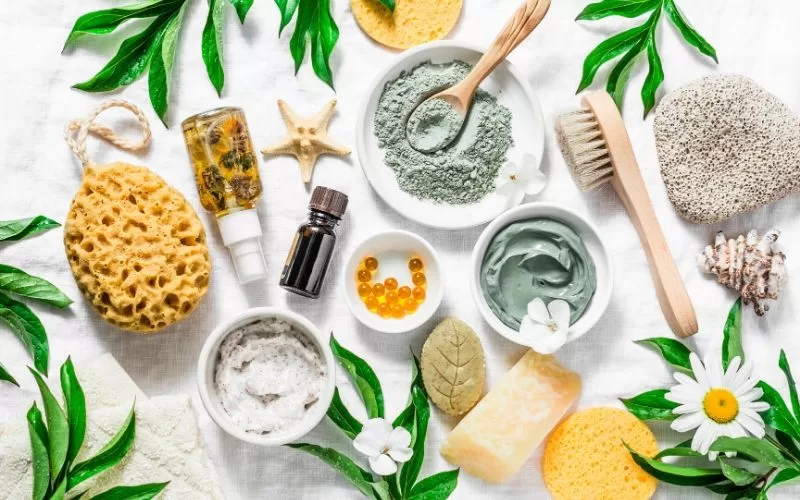
Top Essential Vegan Skincare Products for All Skin Types Vegan skincare products are more popular than ever as consumers become increasingly aware of the benefits of cruelty-free, plant-based formulations. Whether you have dry, oily, combination, or sensitive skin, vegan skincare offers effective, eco-conscious solutions that cater to all skin types. In this guide, we’ll explore…
How to Choose Safe, Effective Skincare
Navigating skincare trends can feel overwhelming. To make safe and effective choices, it’s crucial to focus on dermatologist-approved, clinically-tested products that suit your unique skin type.
Step-by-Step Guide to Selecting Products
- Assess Your Skin Type: Oily, dry, sensitive, or combination skin has specific needs.
- Research Ingredients: Opt for products with well-studied, beneficial ingredients like hyaluronic acid or vitamin C.
- Test First: Patch-test new products to check for potential irritation.
- Follow a Routine: Avoid incorporating too many trends and stick to a consistent, simple regimen.
This approach reduces the risk of reacting to trendy but unsuitable products, allowing you to achieve healthier skin with less hassle.
Hidden Dangers in Skincare Trends: Why Dermatologist-Recommended Practices Matter
The Canadian Dermatology Association (CDA) provides evidence-based guidelines for maintaining healthy skin, but many of these practices are often overlooked in favor of trendy, quick-fix solutions. Ignoring these fundamentals is one of the most significant hidden dangers in skincare trends, as it can lead to long-term damage and undermine your skin’s health. Let’s break down the CDA’s key recommendations and why they’re essential for avoiding these pitfalls.
1. Sun Protection: The Foundation of Healthy Skin
The CDA emphasizes the importance of broad-spectrum sunscreen with SPF 30 or higher, reapplied every two hours and after swimming or sweating. Yet, many skincare trends downplay the role of sunscreen or suggest alternatives like “natural” oils that offer little to no protection. This is a hidden danger because:
- UV Damage is Cumulative: Skipping sunscreen, even occasionally, can lead to premature aging, dark spots, and an increased risk of skin cancer.
- Trendy Alternatives Fall Short: DIY sunscreens or products claiming “built-in SPF” often lack the necessary protection, leaving your skin vulnerable.
What to Do: Make sunscreen a non-negotiable part of your routine, regardless of the weather or season. Choose a dermatologist-recommended product and reapply as directed.
2. Gentle Cleansing: Avoid Stripping Your Skin’s Natural Oils
The CDA advises using a gentle cleanser suitable for your skin type and warns against over-cleansing, which can strip the skin of its natural oils. However, many trendy cleansers—like charcoal or exfoliating scrubs—can be too harsh, leading to irritation and a compromised skin barrier. This is a hidden danger because:
- Over-Cleansing Disrupts Balance: It can cause dryness, sensitivity, and even trigger excess oil production, worsening acne.
- Harsh Ingredients Cause Damage: Physical exfoliants or high-pH cleansers can damage the skin over time.
What to Do: Opt for a gentle, pH-balanced cleanser that removes impurities without disrupting your skin’s natural barrier. Avoid over-cleansing or using abrasive tools.
3. Moisturizing: Essential for All Skin Types
The CDA highlights the importance of moisturizing to maintain the skin barrier and suggests choosing a moisturizer based on your skin type (e.g., oily, dry, combination). Yet, many people skip moisturizer, fearing it will make their skin greasy or clog pores. This is a hidden danger because:
- Dehydration Worsens Skin Issues: Without proper hydration, your skin can become dry, flaky, or overly oily as it tries to compensate.
- A Weak Barrier Invites Damage: A compromised skin barrier is more susceptible to environmental stressors, leading to irritation and premature aging.
What to Do: Use a moisturizer suited to your skin type daily. Look for ingredients like hyaluronic acid, ceramides, or glycerin to lock in hydration.
4. Anti-Aging Products: Use Retinoids and Antioxidants Wisely
The CDA discusses the use of retinoids and antioxidants for anti-aging but recommends consulting a dermatologist for personalized advice. Many skincare trends promote aggressive use of these ingredients without proper guidance, leading to irritation and sensitivity. This is a hidden danger because:
- Overuse Causes Damage: Retinoids, in particular, can cause redness, peeling, and increased sun sensitivity if not used correctly.
- Not All Antioxidants Are Equal: Some trendy antioxidant products may not be formulated effectively, rendering them useless.
What to Do: Start with lower concentrations of retinoids and antioxidants, and always use sunscreen during the day. Consult a dermatologist for a tailored anti-aging plan.
5. Acne Treatment: Avoid Picking and Use Non-Comedogenic Products
The CDA provides tips for managing acne, including the use of non-comedogenic products and avoiding picking or squeezing pimples. However, many acne sufferers turn to harsh DIY treatments or overuse active ingredients, worsening their condition. This is a hidden danger because:
- Picking Leads to Scarring: It can also spread bacteria, causing more breakouts.
- Overloading on Actives Irritates Skin: Using too many acids or treatments at once can damage the skin barrier.
What to Do: Stick to a simple routine with proven ingredients like salicylic acid or benzoyl peroxide. Avoid picking at your skin and consult a dermatologist for persistent acne.
6. Sensitive Skin: Choose Fragrance-Free and Hypoallergenic Options
The CDA offers guidance for sensitive skin, recommending fragrance-free and hypoallergenic products. Yet, many skincare trends promote heavily fragranced or untested products that can trigger reactions. This is a hidden danger because:
- Irritants Cause Inflammation: Fragrances, essential oils, and harsh chemicals can lead to redness, itching, and breakouts.
- Sensitive Skin Needs Extra Care: Using the wrong products can exacerbate conditions like rosacea or eczema.
What to Do: Always patch-test new products and opt for formulations designed for sensitive skin. Avoid products with unnecessary additives like fragrances or dyes.
Genetically Profiled Skincare – A Revolution or a Risk?
Genetic profiling is emerging as a trend that tailors skincare based on an individual’s genetic makeup. While this seems promising, there’s limited research, and consumers should proceed cautiously with such products.
Weighing the Pros and Cons of Genetic Profiling
Benefits:
- Tailors skincare to personal needs.
- Can potentially target specific concerns.
Concerns:
- Limited scientific backing on efficacy.
- Expensive without guaranteed results.
Consumers interested in genetic profiling should consult a dermatologist and thoroughly research the options before investing in these costly products.

Unlock the secret to radiant skin with Gemini, your personalized skincare AI. Say goodbye to skincare guesswork and hello to tailored solutions. From dry patches to oily breakouts, Gemini analyzes your unique skin profile to recommend the perfect products and routines. Experience the future of skincare, one glowing complexion at a time.
FAQ: Common Questions on Hidden Dangers in Skincare Trends
DIY skincare recipes are trending, but some contain potentially harmful ingredients. Explore why certain popular DIY treatments might do more harm than good, and find safer alternatives.
What are the most harmful ingredients in skincare?
Products containing ingredients like hydroquinone, strong acids, or harsh essential oils may pose risks if not used correctly.
Is genetic profiling worth the cost?
While promising, genetic skincare lacks sufficient research. Consider consulting a dermatologist to explore whether it’s a good investment for you.
Why are DIY skincare trends risky?
DIY trends often suggest harsh, unregulated ingredients that can cause irritation or disrupt the skin’s natural barrier.
Final Thoughts on Hidden Dangers in Skincare Trends
Staying informed about popular skincare trends can help you avoid hidden dangers and make safer choices for your skin. By focusing on research-backed, dermatologist-approved products and avoiding risky DIY or overuse of certain active ingredients, you’ll ensure a healthier, balanced skincare routine that delivers real results.
Related Article:
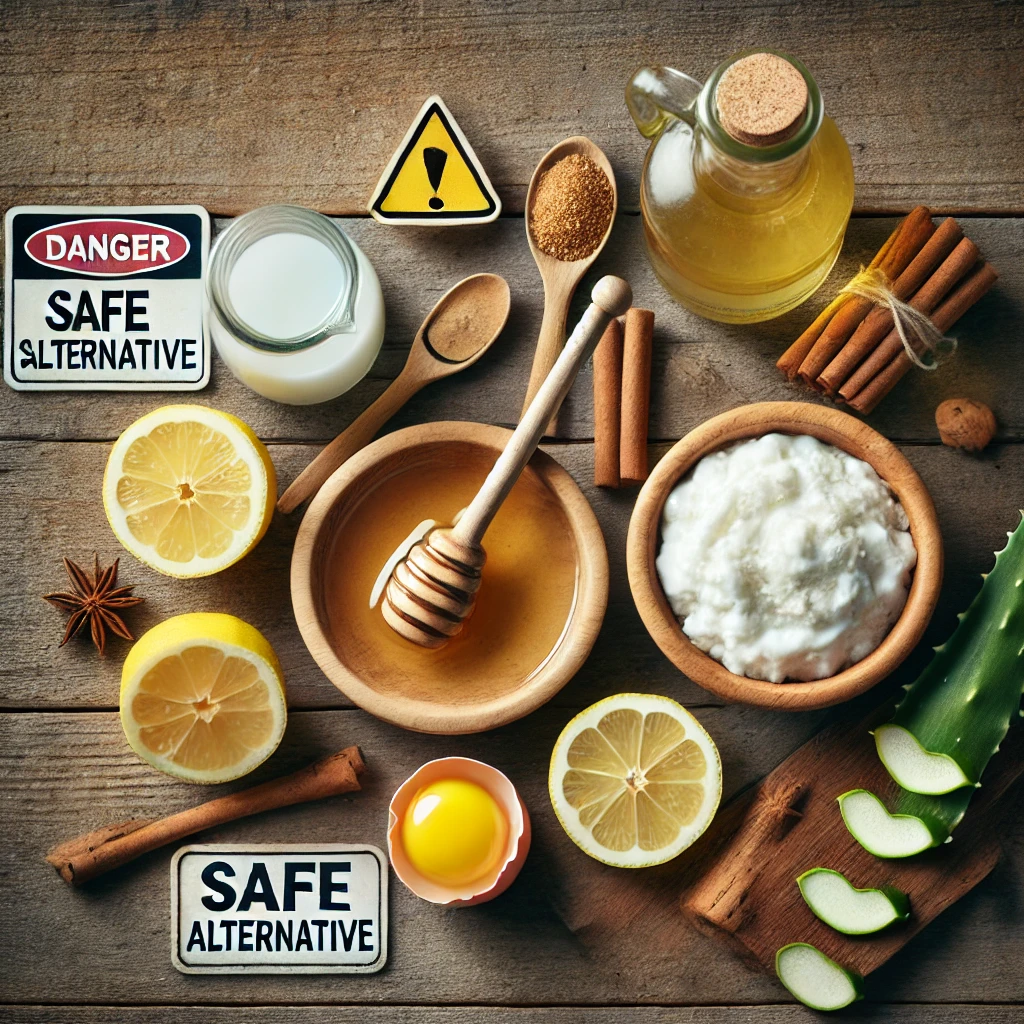
The Hidden Dangers of DIY Skincare: What You Need to Know
For more information on creating a safe skincare routine, check out our [How to Build an Effective Skincare Routine] and [Cult Beauty’s TLC Goody Bag: Self-Care Essentials for Winter] articles.
Scientists Expose Unseen Dangers of Popular “Leave-On” Skincare Products
Explore more articles like this @ Where And How Resources
If you found this article helpful, don’t forget to share it with your friends and followers!
